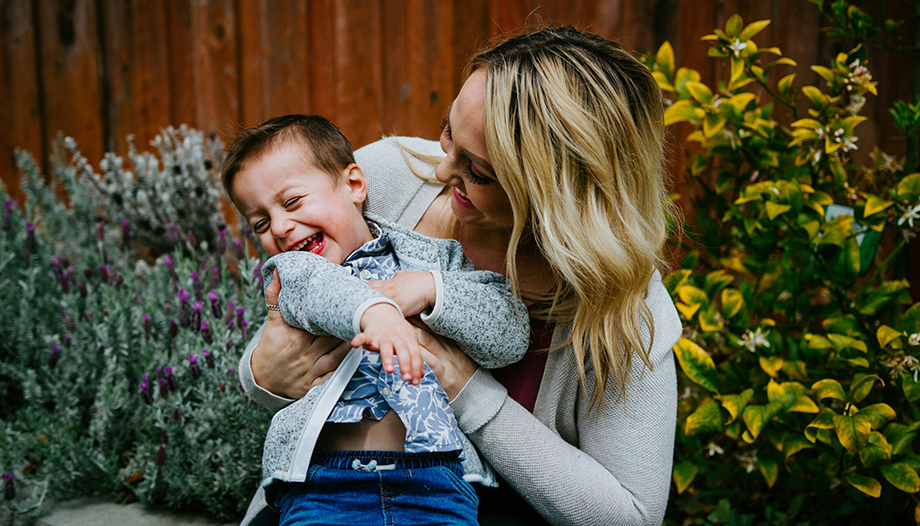Attachment, as a psychological construct, is the way in which someone bonds affectively to others. It speaks mainly of the person's security in himself/herself and in the relationship with others. It develops in the first years of life thanks to the relationship with parents, and is later enriched, nuanced and modified in the interaction with other people (siblings, teachers, coaches, friends, spiritual companions, etc.) with whom one also bonds affectively.
What is healthy is to develop a secure attachment as one matures from infancy-adolescence to adulthood in a functional and structured family with an educational style that balances control, authority, affection and care. The healthy attachment figure is available to attend to the child's physical and emotional needs and also validates emotions and teaches how to regulate them. Thus the person understands him/herself as someone valid, who is loved by him/herself, learns to know and regulate emotions, acquires tools to take care of him/herself and to face the world and human relationships without fear of being abandoned or subdued.
To understand it better do the following exercise: close your eyes and imagine a dangerous situation; then consider who you would call to help you and who meets the following characteristics: you have a deep connection, it helps you to regulate yourself emotionally, in the relationship with that person you find tranquility, organization and strength. Secure attachment would be the internal representation of this bond, which becomes an important part of one's personality and allows one to feel capable.
It has been studied in research, and experienced in clinical practice, that people with insecure attachment have a greater tendency to have problems with sexual behaviors, interpersonal relationships and emotional balance.
In a schematic way, four areas can be observed in which the person with secure attachment is manifested: 1.- presents a healthy, coherent, balanced personal esteem; 2.- has rich, lively and orderly affective relationships; 3.- solves conflicts in a serene way, neither avoiding them by fleeing nor imposing himself in a hostile manner; 4.- communicates his emotions and feelings, is comfortable with the intimacy between people.
People with secure attachment find it relatively easy to be emotionally intimate with others, they are comfortable supporting or partially depending on others and when others depend on or support them; they do not worry if they are alone or if they are not accepted. However, those with insecure attachment have difficulty being intimate even if they want to be, prefer not to be, or are uncomfortable; they do not fully trust others, are afraid of being hurt, abandoned, overly dependent, or dependent on others.
These same styles can manifest themselves in the relationship with authority figures or in the relationship with God, whom they may consider as someone caring and attentive or as someone distant, whom they are afraid of or whom they cannot trust because sometimes he is there and sometimes he is not.
In the spiritual accompaniment it will be possible to appreciate in what way he/she relates to God and to the companion. If they feel accepted and loved unconditionally, protected, contained in a stable and predictable way; or if they project onto them wounds or bad experiences from the past that make them see God as punishing, controlling, ignorant of their needs or hyper demanding. However, the relationship with God and/or the companion can also be healing of those previous bad experiences and make them healthy attachment figures.
What can you do about it as a companion? Be accessible and available. Be a reference for their safety and enhance their safety towards other people, favor their interpersonal relationships, and the approach to unfamiliar situations. Be sensitive to their needs, respond promptly and attend to them in the proportion that corresponds to you. Validate their emotions, have a balanced affective communication and show emotional stability. Be welcoming, give unambiguous and consistent messages, do not always give your opinion, and let some issues go to pick up later. Be genuinely interested in their affairs, listen without being shocked, and avoid overprotection or abandonment.
If you personally perceive that you need to enhance your personal security in the way you treat yourself, in how you relate to other people or to God, it is a good time to see your spiritual companion and/or help you with a professional.








